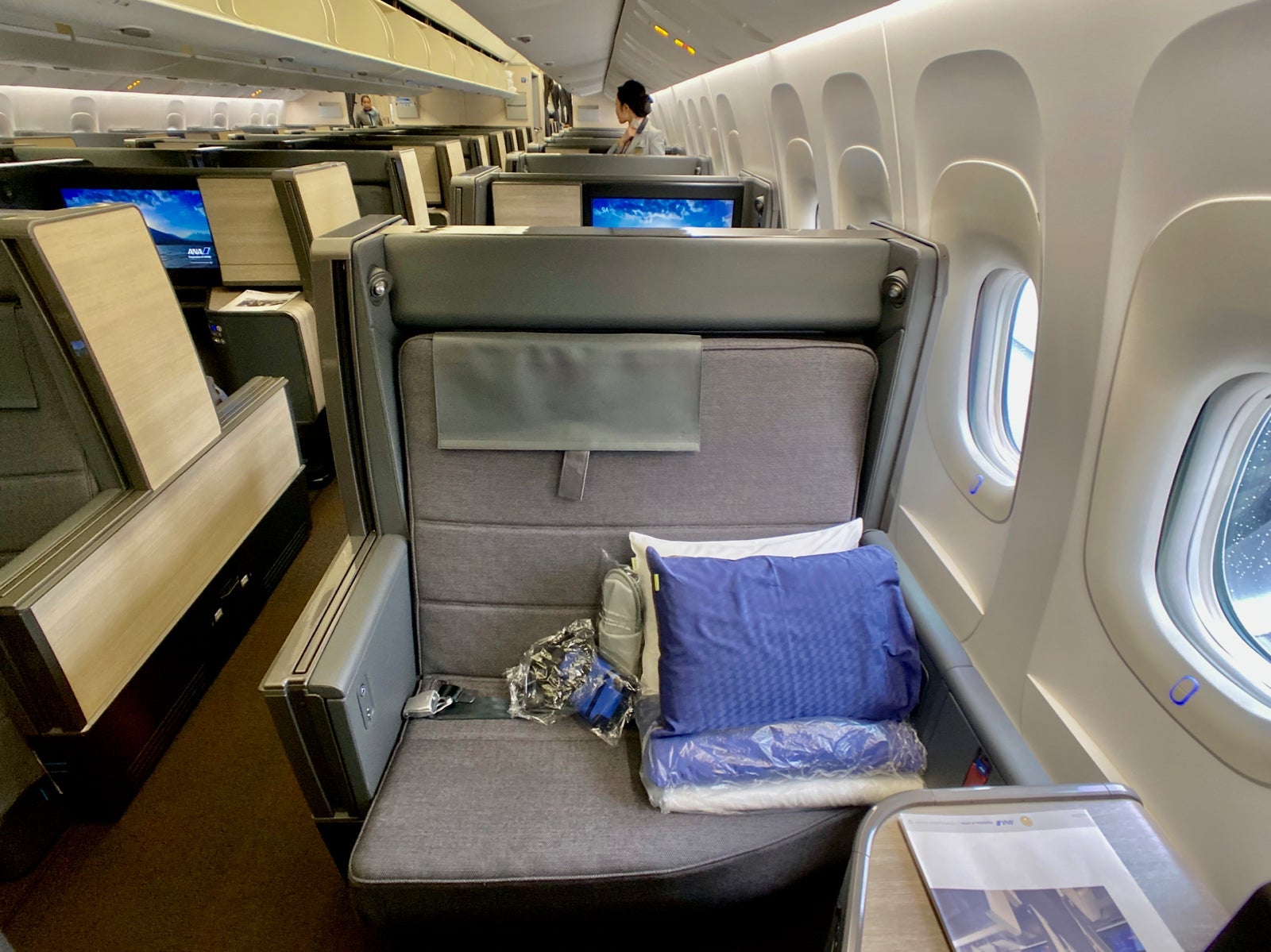Tokyo-based ANA reduces US flight availability through fall 2021
This time last year, the future seemed bright for Japan's All Nippon Airways (ANA). Tokyo was set to host the Olympics in the summer of 2020, promising a big boost in business. And the city's Star Alliance carrier had just rolled out fantastic new business and first-class products, adding even more appeal to an already top-notch transpacific experience.
Then COVID-19 hit, the Olympics were postponed and Japan closed its borders to visitors from many countries. Like all global airlines, ANA responded quickly, reducing flights to destinations around the world.
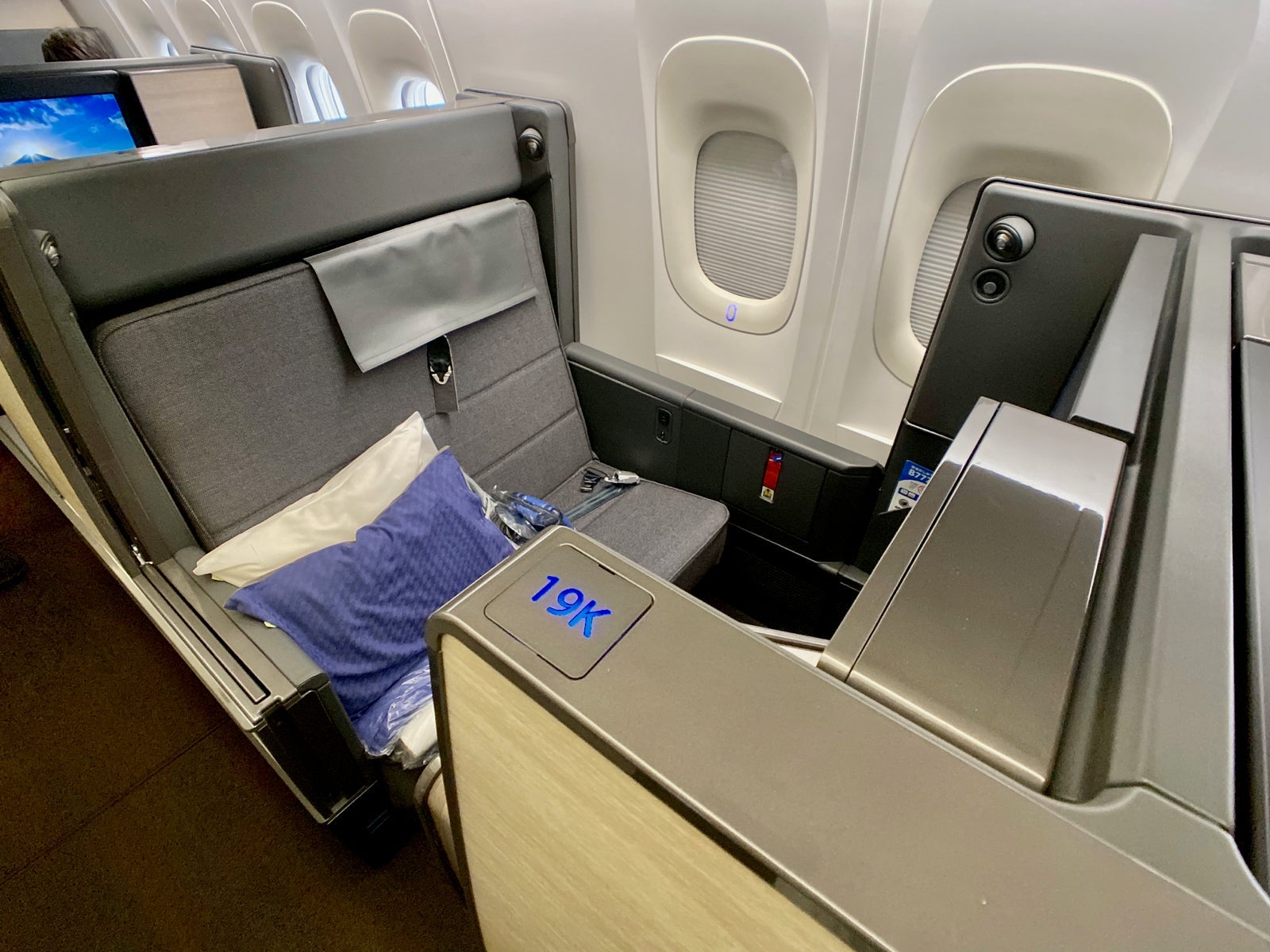
Now, although the ongoing vaccine rollout has travelers feeling optimistic, ANA is expecting the drop in demand to continue for some time, with the airline adjusting its domestic and international schedules into the fall.
Notably, these rollbacks impact summer 2021 as well. While the International Olympic Committee (IOC) had previously announced new dates, with opening ceremony scheduled for July 23, it's unclear if the games will proceed as scheduled, or if spectators will be permitted to attend.
So far, the four U.S. routes below have been impacted, though ANA is continuing to offer some service to New York (JFK), Los Angeles (LAX) and San Francisco (SFO); the only city to lose out entirely is San Jose, California (SJC).
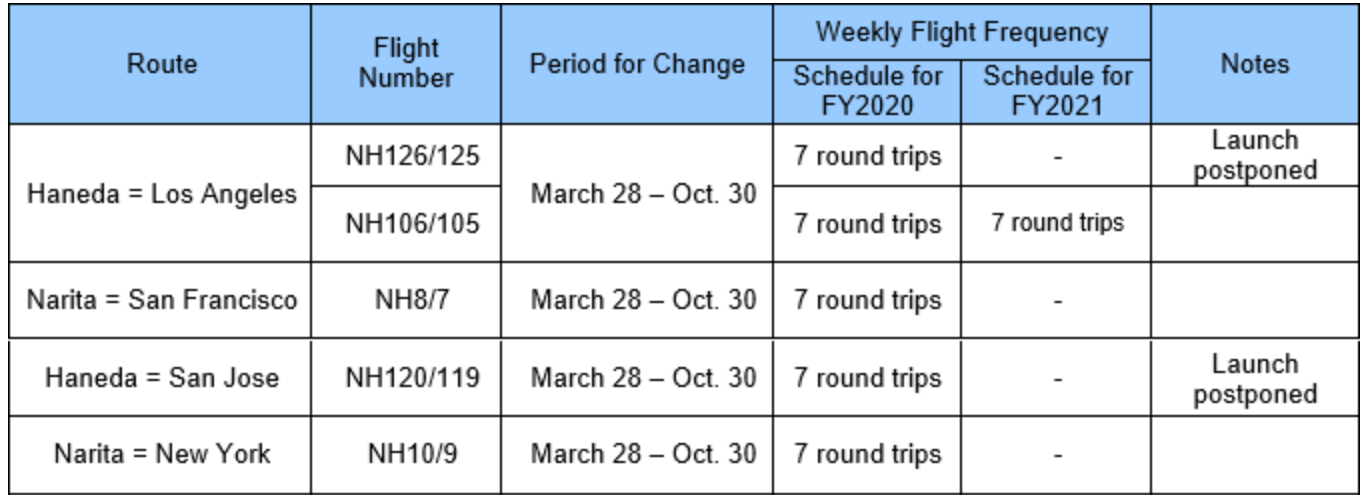
While most Americans remain unable to visit Japan, there are still plenty of nonstop flight options for travelers with permission to enter the country, including a handful of regular flights from the western U.S.:

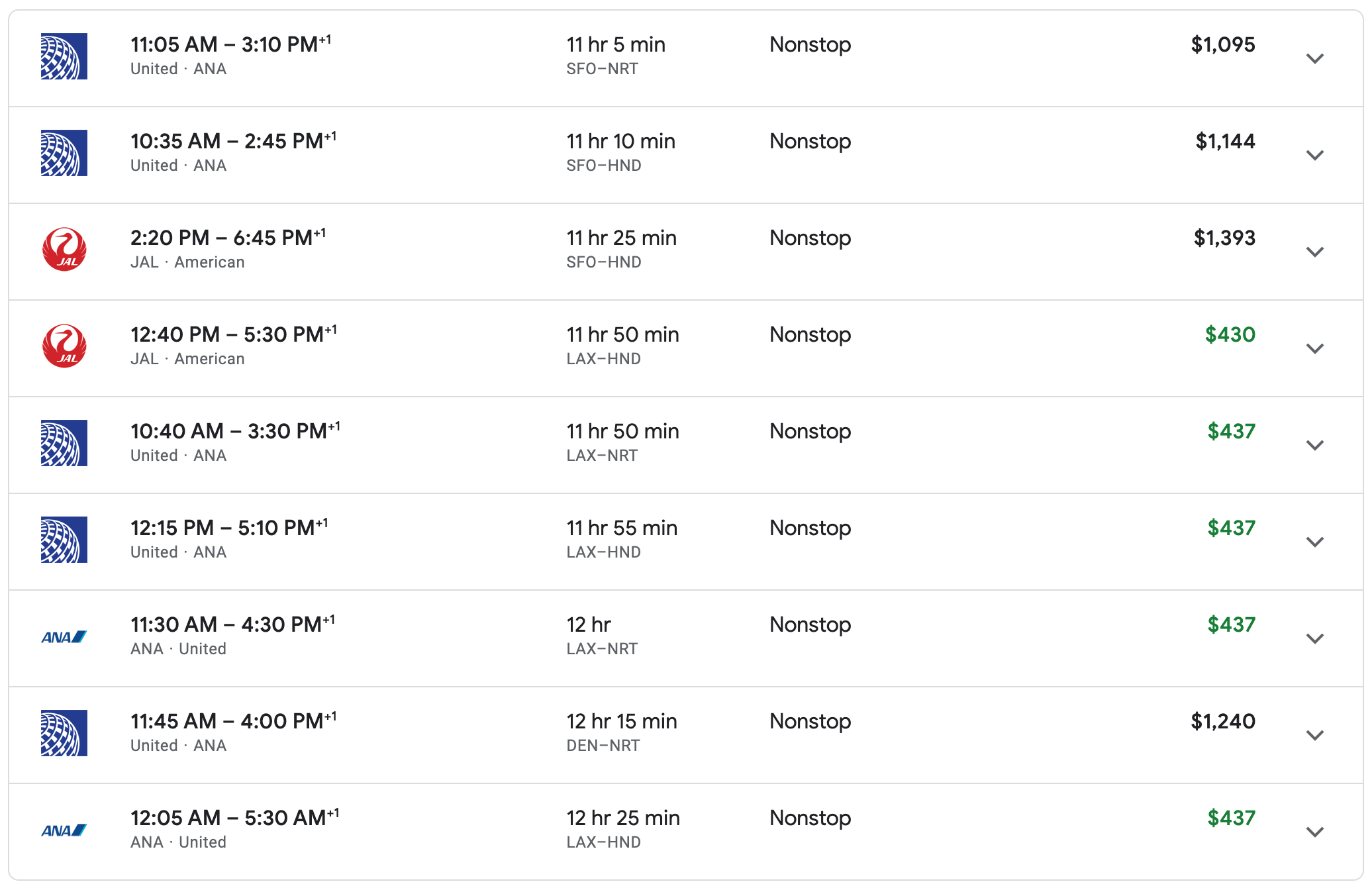
And a number of options from elsewhere in the country, too:
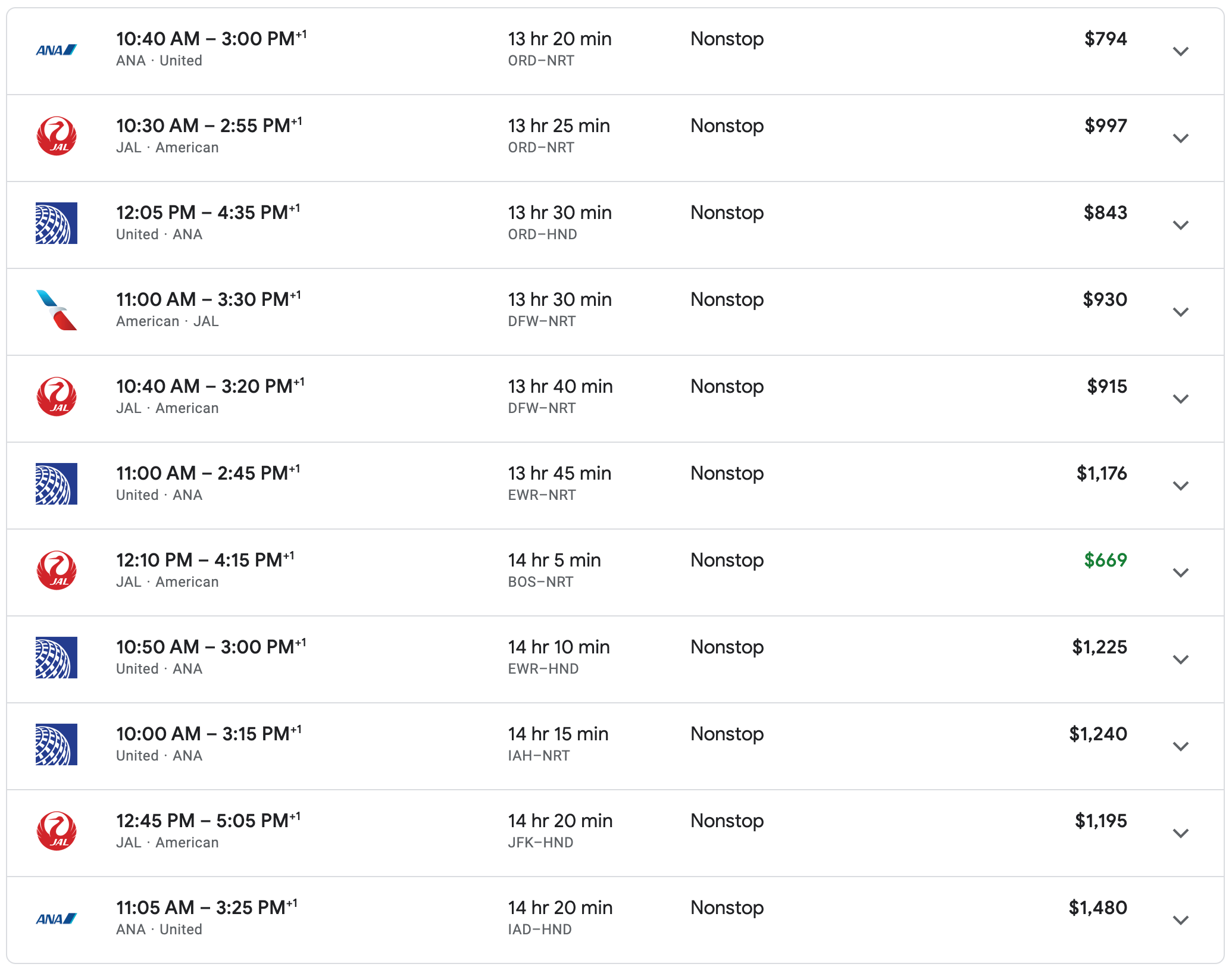
ANA is trimming its schedule to Asia, Europe and the South Pacific as well. Note that this schedule isn't final. The airline says that depending on how immigration policies evolve, "ANA will continue to review and adjust its flight schedule and increase or reduce the frequency of flights accordingly."
Additionally, the carrier suggested that more of its long-haul flights may be operated by the 787 Dreamliner, as the carrier has accelerated some Boeing 777 retirements — presumably aircraft that recently received business and first-class updates will continue to fly.
TPG featured card
at Capital One's secure site
Terms & restrictions apply. See rates & fees.
| 5X miles | Earn 5X miles on hotels, vacation rentals and rental cars booked through Capital One Travel |
| 2X miles | Earn unlimited 2X miles on every purchase, every day |
Pros
- Stellar welcome offer of 75,000 miles after spending $4,000 on purchases in the first three months from account opening. Plus, a $250 Capital One Travel credit to use in your first cardholder year upon account opening.
- You'll earn 2 miles per dollar on every purchase, which means you won't have to worry about memorizing bonus categories
- Rewards are versatile and can be redeemed for a statement credit or transferred to Capital One’s transfer partners
Cons
- Highest bonus-earning categories only on travel booked via Capital One Travel
- LIMITED-TIME OFFER: Enjoy $250 to use on Capital One Travel in your first cardholder year, plus earn 75,000 bonus miles once you spend $4,000 on purchases within the first 3 months from account opening - that’s equal to $1,000 in travel
- Earn unlimited 2X miles on every purchase, every day
- Earn 5X miles on hotels, vacation rentals and rental cars booked through Capital One Travel
- Miles won't expire for the life of the account and there's no limit to how many you can earn
- Receive up to a $120 credit for Global Entry or TSA PreCheck®
- Use your miles to get reimbursed for any travel purchase—or redeem by booking a trip through Capital One Travel
- Enjoy a $50 experience credit and other premium benefits with every hotel and vacation rental booked from the Lifestyle Collection
- Transfer your miles to your choice of 15+ travel loyalty programs
- Top rated mobile app

